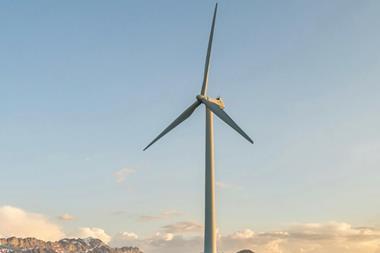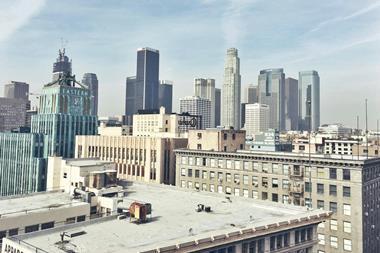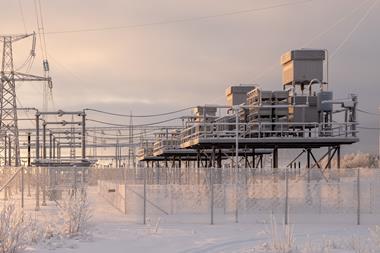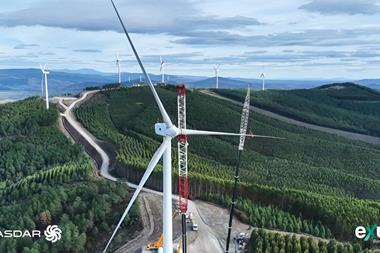Abrdn‘s global infrastructure projects business is investing in UK anaerobic digestion plant being developed by The Circular Economy Development (TCED).
The Global Sustainable Infrastructure Partners IV fund, managed by Abrdn Concession Infrastructure arm, and TCED have reached financial close on the food-waste-to-renewable-energy project located in Deeside on the England-Wales border.
The total cost of the project exceeds £60m (€71m), with construction commencing in the third quarter of 2024 and commercial operations planned to begin in late 2026.
The project will include designing, building, owning, operating, maintaining and financing the anaerobic digestion facility which will produce biogas from food waste through “widely used and well tested anaerobic digestion technologies”, abrdn said.
When online, the project is set to convert approximately 120,000 tons of food waste annually into gas. Utilising a gas upgrader of around 180MW, biomethane will be extracted and injected into the grid while purified CO2 will be separated and liquified ahead of its sale. A portion of this biomethane will be utilised to generate approximately 5MW of green electricity via a combined heat and power unit.
Olivier Rossi, director, abrdn, said: “This is a sector that we know well, with strong long-term fundamentals that also supports the energy transition and helps our investors achieve their goals. We are excited to be able to develop an exceptional asset with such a strong environmental focus.
“Abrdn’s Concession Infrastructure business, a long-term investor in infrastructure projects across the globe, is committed in supporting investments that focus on sustainability and mitigating the effects of climate change.”
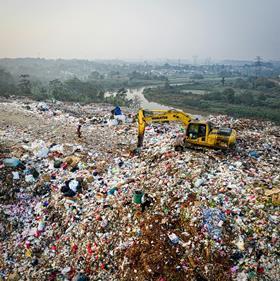
Mac Andrade, CEO at TCED, said: “The Deeside project exemplifies our commitment to building a sustainable future by developing carbon-negative facilities that not only generate renewable energy but also contribute to reducing CO2 emissions.
“This project represents a crucial step in our mission to decarbonise high-energy users, and we look forward to seeing the positive environmental and economic impacts it will create.”
To read the latest IPE Real Assets magazine click here.












